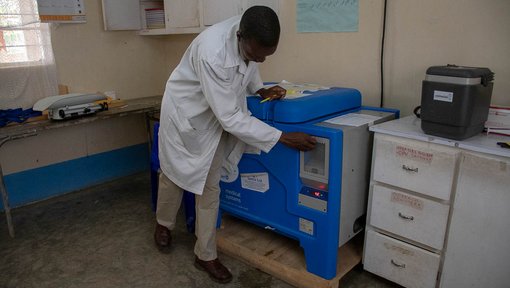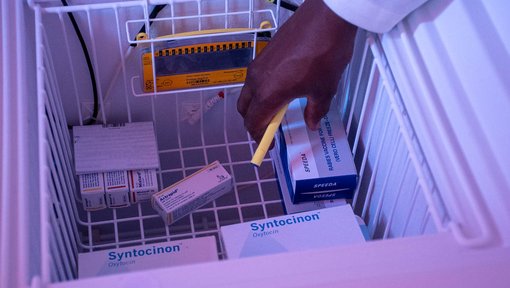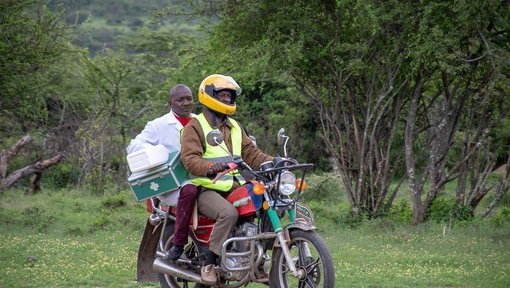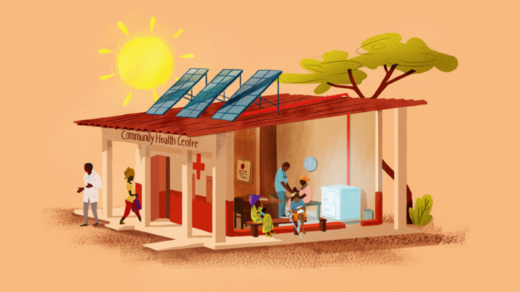Rising temperatures and population, progressing urbanisation and economic growth are driving up the worldwide cooling demand, particularly in developing countries. But many of the refrigerants and insulating foams currently in use are harmful to the environment. In 2023, it is estimated that the refrigeration industry accounted for around ten to twelve per cent of global greenhouse gas emissions.
Objective
The Green Cooling Initiative contributes to raising international awareness of the significant mitigation potential associated with environmentally- and climate-friendly cooling technologies. In its third phase, GCI supports its partners worldwide by accelerating the transformation of the cooling sector towards energy efficient technologies using natural refrigerants. This includes policy advise, technology transfer and capacity building.
Green Cooling is the most viable way to meet the growing cooling demand and protect our climate at the same time. It is based on two principals: using natural refrigerants with an ultra-low global warming potential and highly energy-efficient appliances. Ideally, the energy comes from renewable sources. All measures should be complemented by passive cooling, e.g. shading, surrounding vegetation and good insulation.
Approach
The work of the Green Cooling Initiative III is based on three pillars:
- Policy advise: We support key actors with access to Green Cooling instruments and arguments, offer demand-based support services and strengthen networking between stakeholders. We shed light on appropriate financing mechanisms.
- Technology transfer: We pilot innovative Green Cooling technologies in the partner countries and in cooperation with the private sector. We therefore demonstrate their technical and economic feasibility and spark interest in further upscaling.
- Capacity building: We train policy makers, refrigeration trainers and technicians on the handling and characteristics of natural refrigerants. In addition, we offer needs-based trainings.
Moreover, the Green Cooling Initiative III recognises that exchange between technology suppliers and users, as well as between the industry, public institutions and civil society is important for the promotion of said technologies. One of the main goals is therefore to create global and regional networks with representatives from different sectors (see Network).




